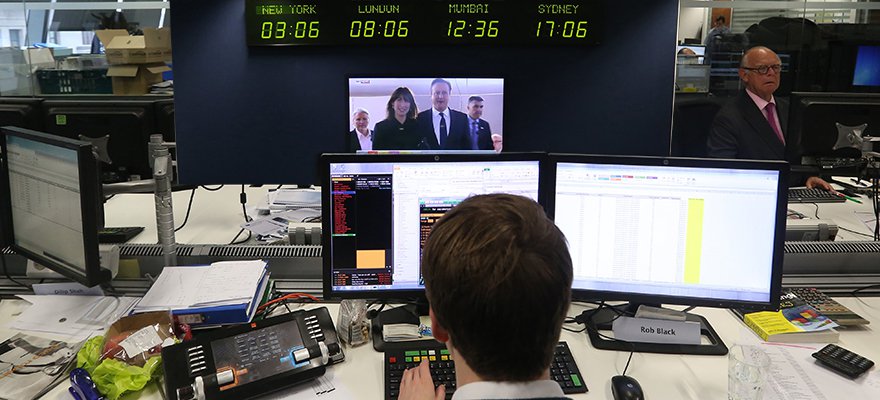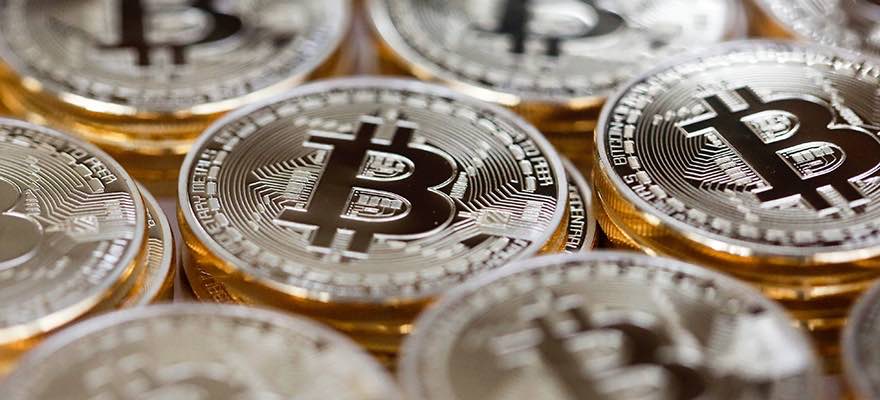Instant execution is a type of execution when a client is placing an order and specifies both volume and price; the order should be processed instantly.
If the price changes at that moment, a broker cannot change the execution price. But he can reject the execution and reply with a requote, which can be accepted or not. This execution type is usually used by market maker brokers.
[gptAdvertisement]
Instant execution is often complemented by fixed spread, which is, as a rule, larger than real market spreads. The use of this execution type by market makers is caused by the fact that some trading platforms do not provide the possibility to work with the Depth of Market (DOM).
Therefore, in the case of market execution, it would be difficult to explain to customers why the price of an executed order is worse than it was when placing the order. It is especially noticeable in case of large volume orders (starting from 30 lots and above).
The reasons for this are that certain bid and ask prices are represented only in certain volumes at the market, and the large volume orders will be filled according to available volumes of prices – DOM. It should be noted, however, that nothing prevents brokers from using market execution type without DOM and calculating the price for the customers using their proprietary algorithms.
Besides this, a broker using instant execution may have some difficulties with placing trades at large Liquidity providers (LP).
It is again connected with the DOM and the fact that almost all LPs use the market execution model. The problem is that the LP that uses market execution does not guarantee a certain execution price to a broker, while the broker, in turn, is obliged to guarantee it to client.
A partial solution for this problem is simulation of instant execution in the market execution environment with the help of limit orders. As we know, the limit order guarantees the execution of a specified volume at the specified price. Thus, by placing a limit order with a short timeout period, we can guarantee execution by requested price.
However, this again cannot solve the problem with large volume orders. If there is not enough volume by requested price in the DOM, orders will not be filled, and this will in turn increase the number of requotes for broker’s clients and affect the quality of execution.
Market execution
Market execution is a type of execution in which the client places an order and specifies only the volume. The bid/ask price of an asset is generated during the process of execution.
The main distinction from instant execution is that a broker doesn’t reject client’s request in case of price change, but fills the order with the current price. The final price is composed by taking the required volume by available prices from the DOM. All the major LPs, as well as the majority of A-book brokers (STP / ECN), are working by this principle.
This article was written by Aleksey Kutsenko, founder and CEO of Tools for Brokers Inc. and member of the Dispute Resolution Committee of FinCom.


















